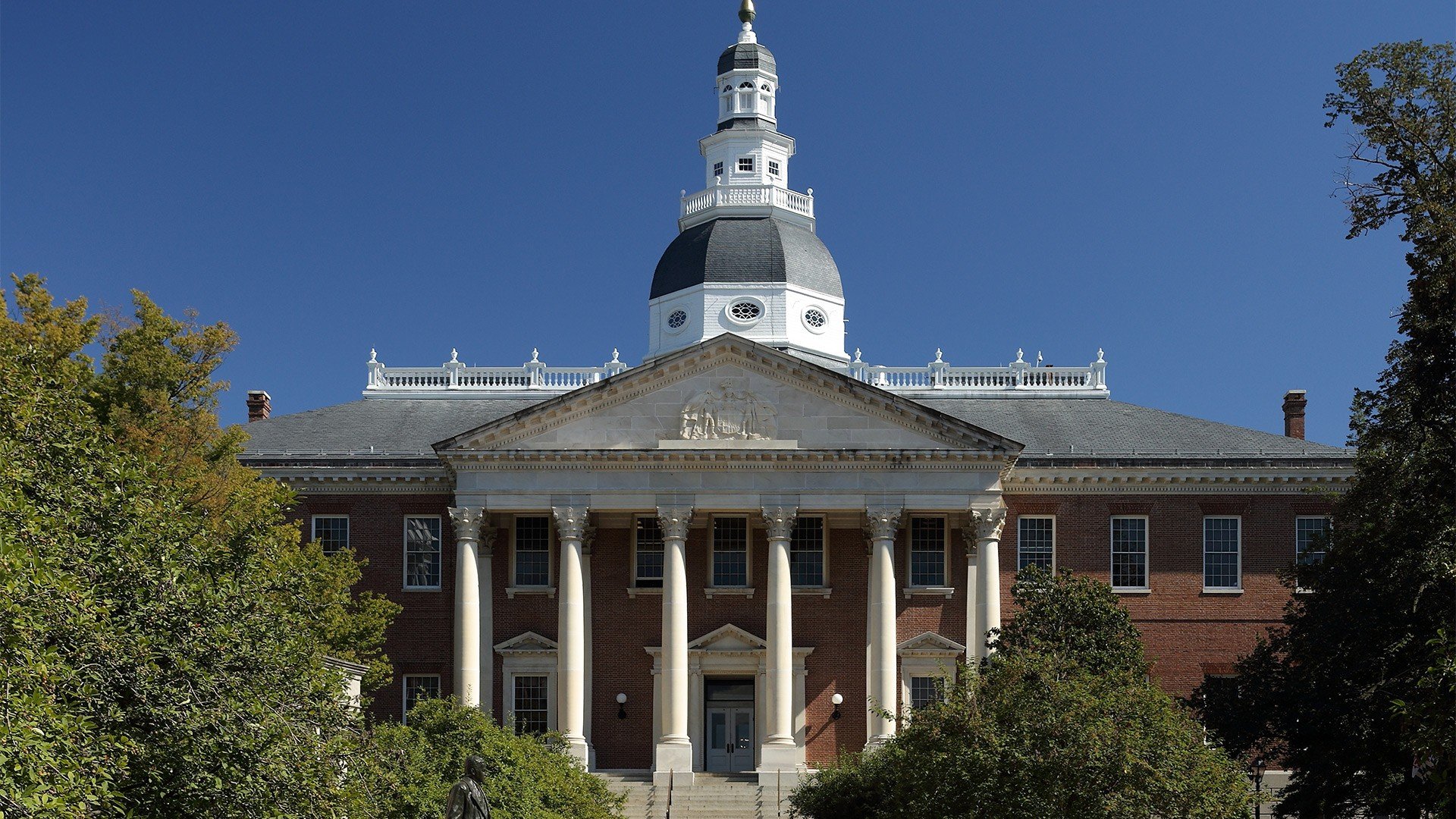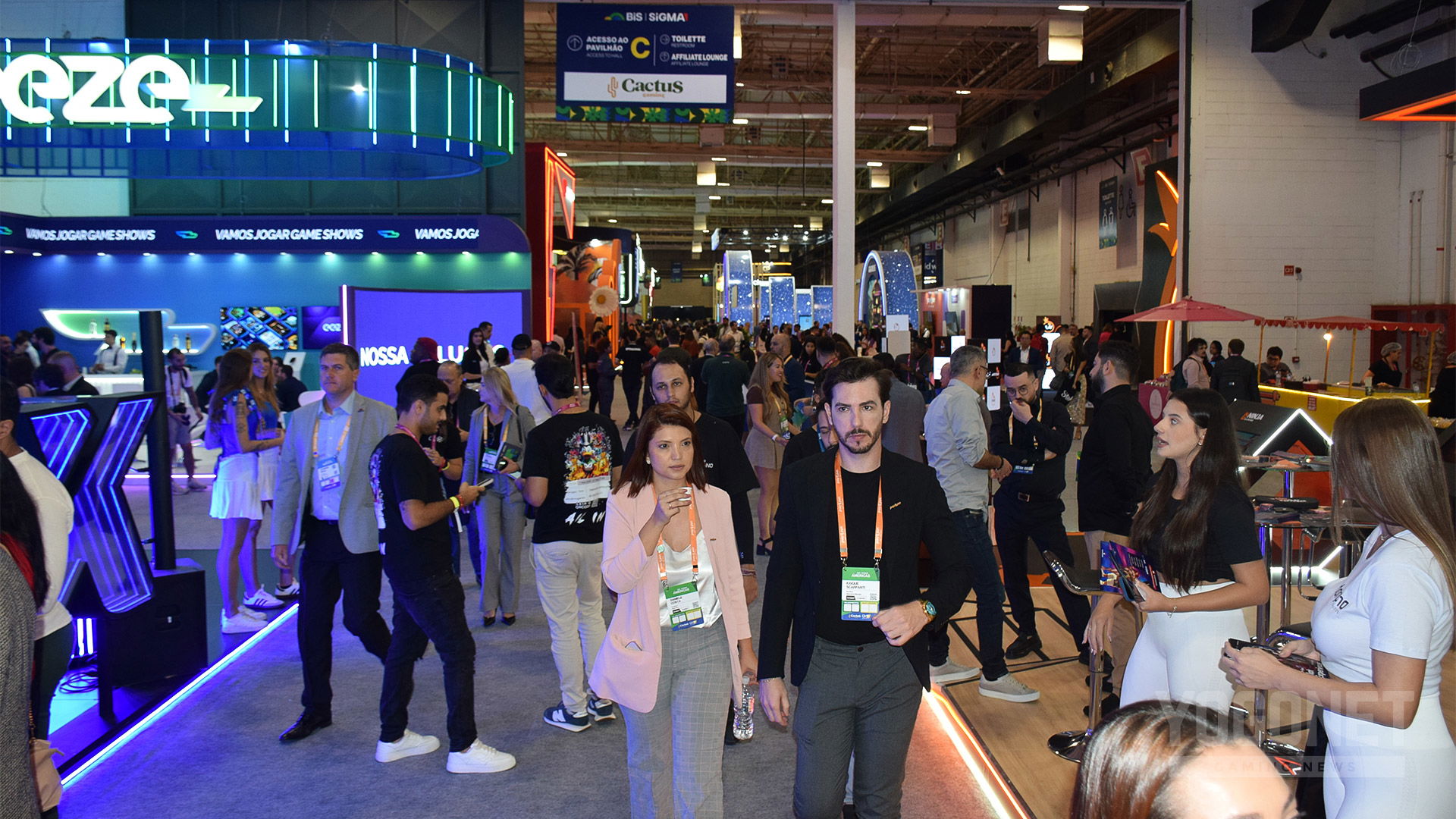Missouri House narrowly passes bill to legalize video slot machines, faces Senate resistance

The Missouri House of Representatives narrowly approved a bill on Wednesday to legalize and regulate video slot machines at gas stations and bars across the state, a move that supporters argue could generate hundreds of millions of dollars in tax revenue but faces long odds in the Senate.
House Bill 970 passed on an 83-73 vote — just one more than the minimum required — after a prolonged 15-minute vote while Republican leaders scrambled for support. The legislation would impose a 34% tax on video lottery terminals and aims to eliminate unregulated machines currently operating in the state.
"We have a genuine problem," said Rep. Bill Hardwick, a Republican from Dixon and the bill's sponsor. "I think this bill will cause [illegal machines] to go away."
Under the bill, licensed retailers could install up to eight state-sanctioned slot machines in restricted-access areas. The terminals would be required to return at least 80% of wagers in prizes. The proposed tax rate could yield an estimated $350 million in annual revenue.
Despite the bill’s passage, the chamber was deeply divided. Republicans split evenly 54-54, with 29 Democrats voting in favor to secure its passage. The effort was strongly backed by House Speaker Jon Patterson (R-Lee’s Summit), who argued the measure would help regulate an industry that has operated in legal limbo.
“If people are doing it, I would rather have them regulated and taxed and to make sure that kids aren’t doing it,” Patterson said.
Opposition came from both sides of the aisle. Rep. Michael Burton (D-Lakeshire) called the machines exploitative. “It preys on poor people. I just think it makes our state look bad,” he said.
Critics also pointed to casino industry concerns and a lack of clarity in a key amendment. The bill includes a provision allowing local governments to restrict the machines, but lawmakers said its vague language could limit its effectiveness.
The measure also increases Missouri’s casino admission fee from $2 to $4 per person, with proceeds benefiting host cities and veterans’ programs.
Senate leaders have signaled the proposal is unlikely to move forward. Senate President Cindy O’Laughlin (R-Shelbina) and Appropriations Chairman Lincoln Hough have indicated that the proposal is unlikely to surface in the upper chamber before lawmakers adjourn in mid-May.
Ethical concerns over lobbying also surfaced during the debate. More than $1 million in campaign contributions linked to industry groups was reported in the past year. Follow the money on this bill,” said Rep. John Martin (R-Columbia).

















































